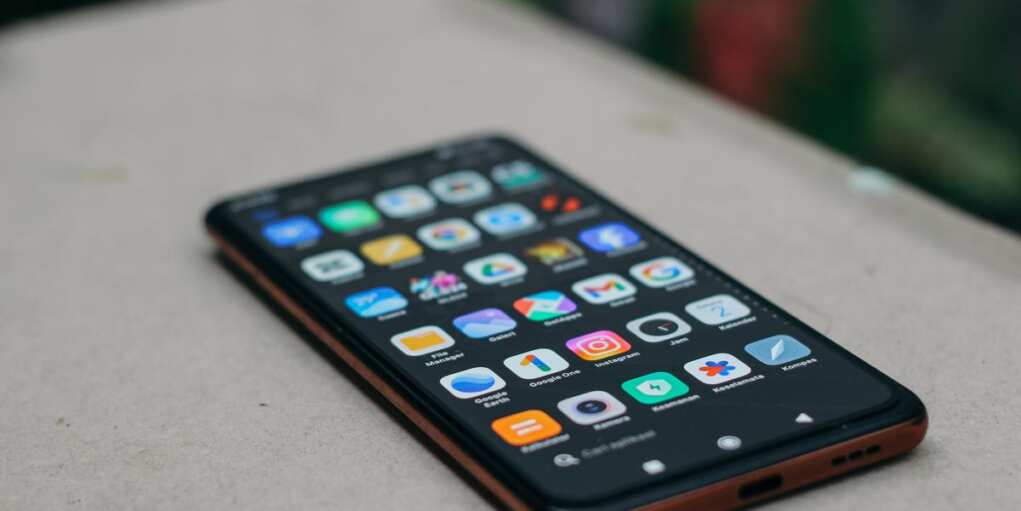Google Exposed for Secretly Snatching Users’ Data

Google has been ordered to pay $314 million after a California jury found the tech behemoth guilty of covertly harvesting Android users’ cellular data without their knowledge or consent, marking one of the largest privacy verdicts yet against Big Tech.
The class-action lawsuit, filed in 2019 in Santa Clara Superior Court, claimed Google programmed Android smartphones to transfer data back to its servers even when users weren’t on WiFi, quietly draining the cellular data customers were paying for. Plaintiffs argued this hidden data siphoning allowed Google to build more precise digital advertising profiles and enhance its mapping services, all while sticking users with the bill for the data used in the process.
In court, Google argued the data transfers were necessary to keep Android devices “performing reliably” and insisted they used less data “than sending a single photo.” The company also claimed users had agreed to the data collection through terms of service and device settings. But the jury wasn’t convinced, rejecting Google’s defense and siding with the consumers who said they never knowingly agreed to this behind-the-scenes data drain.
Marc Wallenstein, attorney for the consumers, celebrated the decision as a victory for privacy and accountability, saying it “forcefully vindicates the merits of this case and reflects the seriousness of Google’s misconduct.”
Google, unsurprisingly, plans to appeal the decision, with a spokesperson stating the company “strongly disagrees with the verdict” and will continue to fight the ruling.
The case represents just one of many mounting legal challenges for Google over its data practices, as public concern about Big Tech’s handling of personal data intensifies. A related federal case seeking damages for Android users nationwide is set for trial in early 2026 and could expand the financial and reputational blow to Google if it faces another courtroom defeat.
This verdict could also signal a turning point for privacy litigation against tech giants, setting a precedent that corporations profiting from user data without transparency may face heavy penalties.
For Android users, the case raises fresh questions about what exactly your phone is doing in the background—and whether you’re unknowingly paying for Google’s relentless quest to track and monetize your behavior, even while off WiFi.
The ruling also underscores how crucial it is for users to scrutinize device settings and understand the broad permissions often buried in lengthy terms of service agreements.
With Google facing appeals and a looming federal trial, the battle over who controls your data—and who profits from it—is far from over, but this $314 million verdict sends a clear message: even the world’s biggest tech companies aren’t immune from accountability when they cross the line on privacy.

